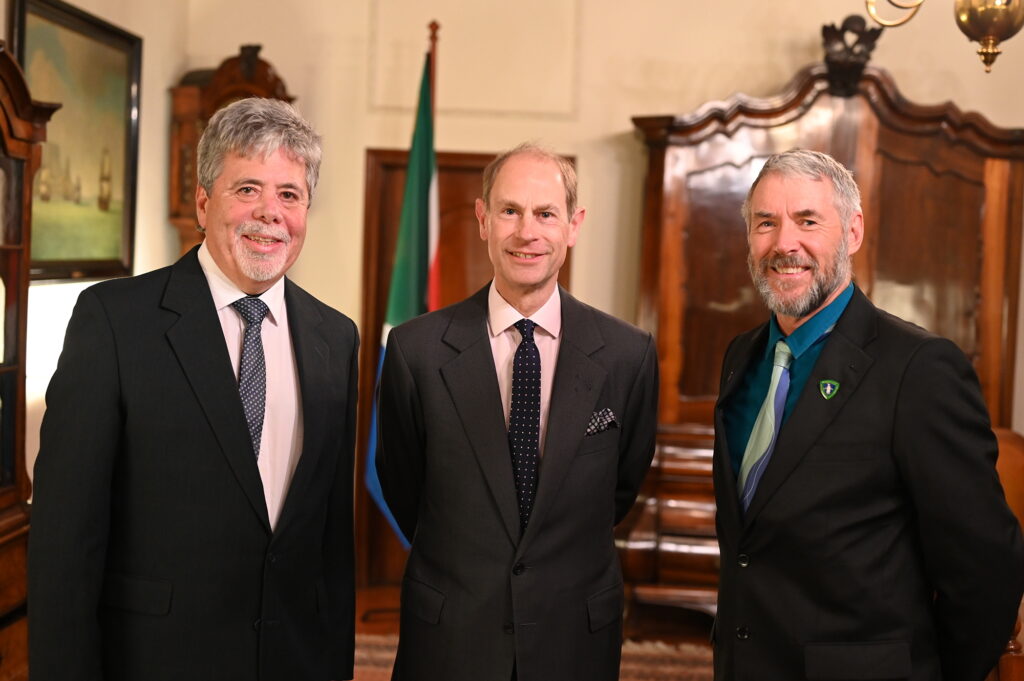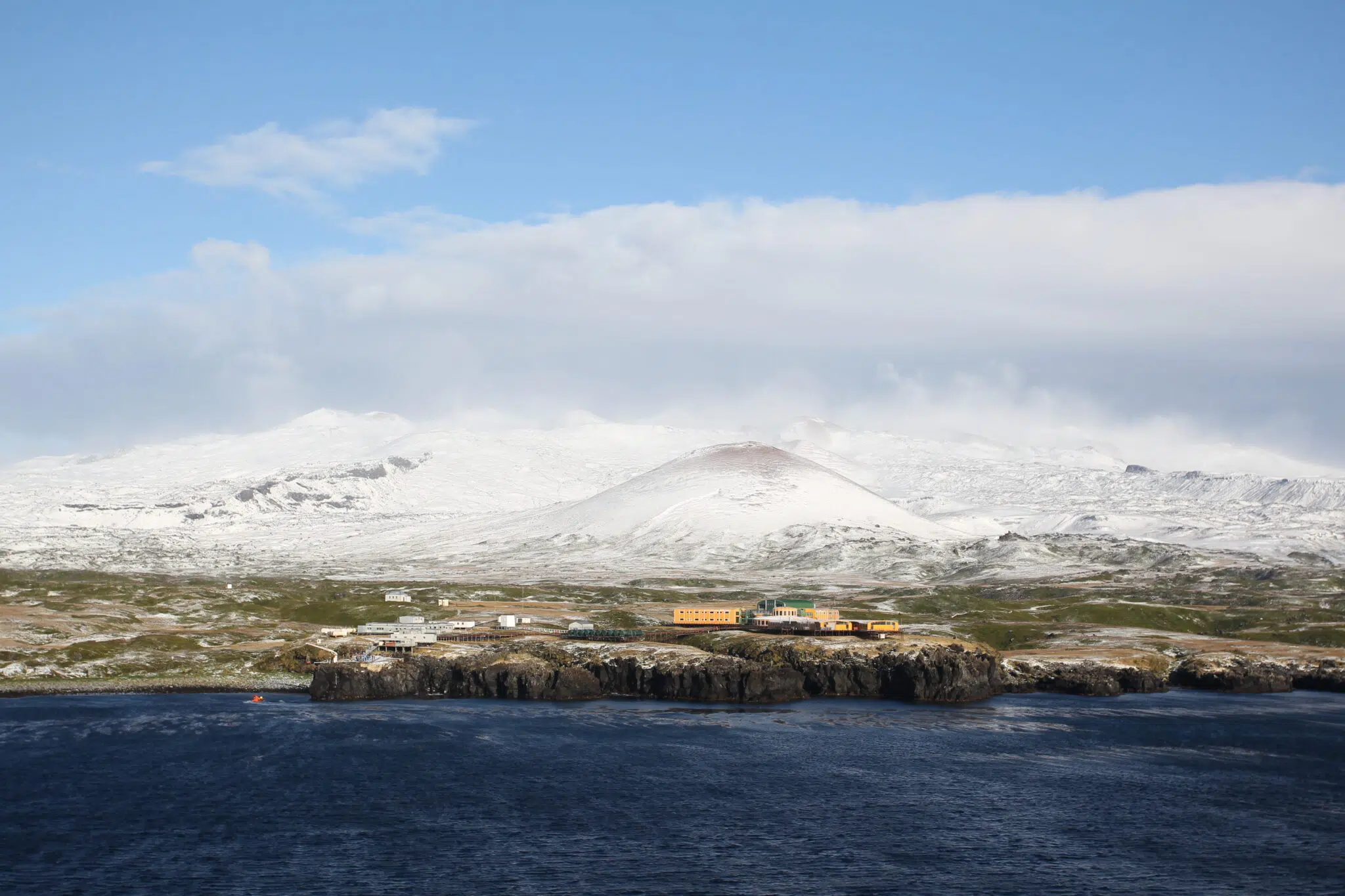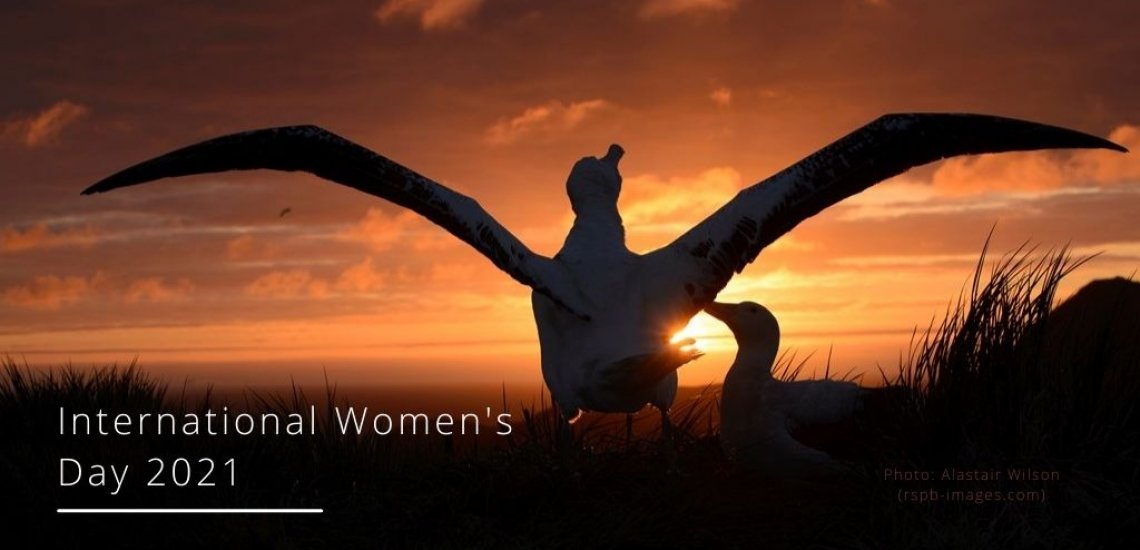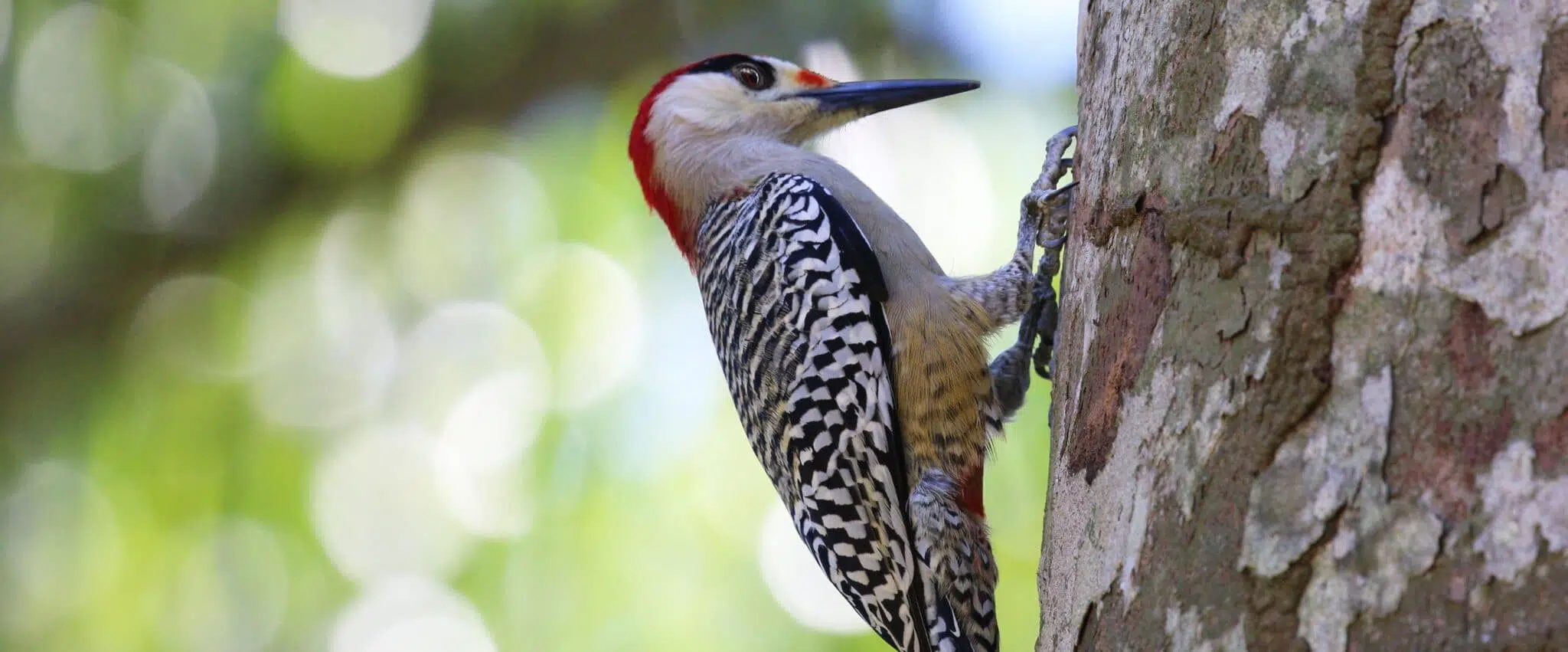BirdLife South Africa joins the Island-Ocean Connection Challenge!

BirdLife South Africa has boosted its Mouse-Free Marion project as it joins the Island-Ocean Connection Challenge, which aims to restore, rewild and protect islands, oceans and communities.
Being surrounded and hence protected by the sea, islands are wondrous for wildlife as biodiversity thrives in these isolated landmasses. So, when humans affect them – often inadvertently – by introducing invasive species such as rats and mice to these self-contained habitats, the effects can be hugely damaging. Such activity on Marion Island led BirdLife South Africa to join with the South African Department of Forestry, Fisheries and the Environment to establish the Mouse-Free Marion Project. Our partner has now added to its commitment to protect this globally significant island by joining the Island-Ocean Connection Challenge (IOCC) – a global initiative that aims to restore, rewild and protect islands, oceans and communities.
The largest of the two Prince Edward Islands located between Cape Town and Antarctica, Marion is home to a quarter of the world’s Wandering Albatrosses (categorised as Vulnerable on the IUCN Red List) plus 27 other seabird species. It was and should be a haven for such wildlife, but invasive House Mice introduced by sealers in the early 1800s have devastated the ecosystem and now prey on seabirds. Their gruesome effects include eating the flesh of the native avifauna while the birds are still alive.
The IOCC aims to restore and rewild 40 globally significant islands worldwide by 2030, from sub-Antarctic islands such as Marion Island to tropical islands bursting with colourful marine life and coral. Restoring islands by removing invasive species is repeatedly proven to be one of the most impactful ways to restore biodiversity and island ecosystems. There have been more than 1,000 successful island invasive species eradications worldwide, resulting in long-term benefits including increased numbers of birds and native plants, recovery of natural ecosystem functions, protected and thriving reefs, and a more climate-resilient island.
The Mouse-Free Marion Project enjoys global support from five Patrons committing to save seabird populations on Marion Island. These are: His Royal Highness The Duke of Edinburgh, renowned conservationist and ornithologist Peter Harrison MBE, Japanese broadcaster Christel Takigawa, South African businesswoman and entrepreneur Gloria Serobe, and Antarctic scientist and conservationist Professor Steven Chown. Each will be working to highlight the urgent need to protect Marion Island and its seabirds in their respective countries and sectors, helping the Mouse-Free Marion Project go from strength to strength.
At 30,000 hectares, the removal of invasive house mice from Marion Island will be the largest rodent eradication project in the world to be undertaken in a single operation. The Mouse-Free Marion Project is also supported by BirdLife International, the Royal Society for the Protection of Birds and other conservation organisations.
To watch a short film about this globally important initiative, and to find out more about the Mouse-Free Marion Project, visit https://mousefreemarion.org/about-the-project/
Header image: Wandering Albatrosses on Marion Island. © Otto Whitehead

“Islands are biodiversity hotspots and therefore provide a crucial focus of global conservation efforts. We have joined the IOCC to add impetus to international action restoring islands by tackling the important environmental issue of invasive alien species. Marion Island is home to two million seabirds, including four species of albatrosses and a range of other species including petrels, prions and penguins, several of which are threatened with extinction. It is vital that we remove the invasive mice, as otherwise Wandering Albatrosses – arguably the most iconic of the ocean-wandering seabirds – and the majority of Marion Island’s globally important seabirds, could become locally extinct.”
Mark D. Anderson, Chief Executive Officer, BirdLife South Africa
“Indigenous knowledge, combined with emerging science, shows us that everything is connected. Restoring and rewilding islands is not just an act of conservation; it is one of our most powerful defences building resiliency against climate change. By nurturing these ecosystems, we build stronger environments and help biodiversity hotspots like Marion Island to recover.”
Dr Penny Becker, Vice President Conservation at Island Conservation,
co-founder of the Island-Ocean Connection Challenge


